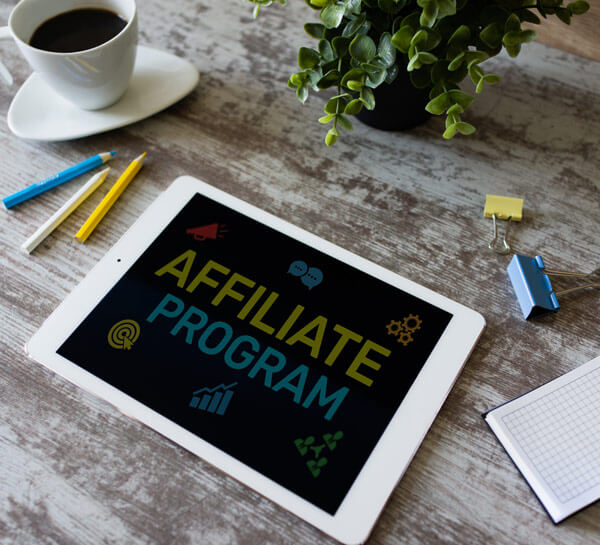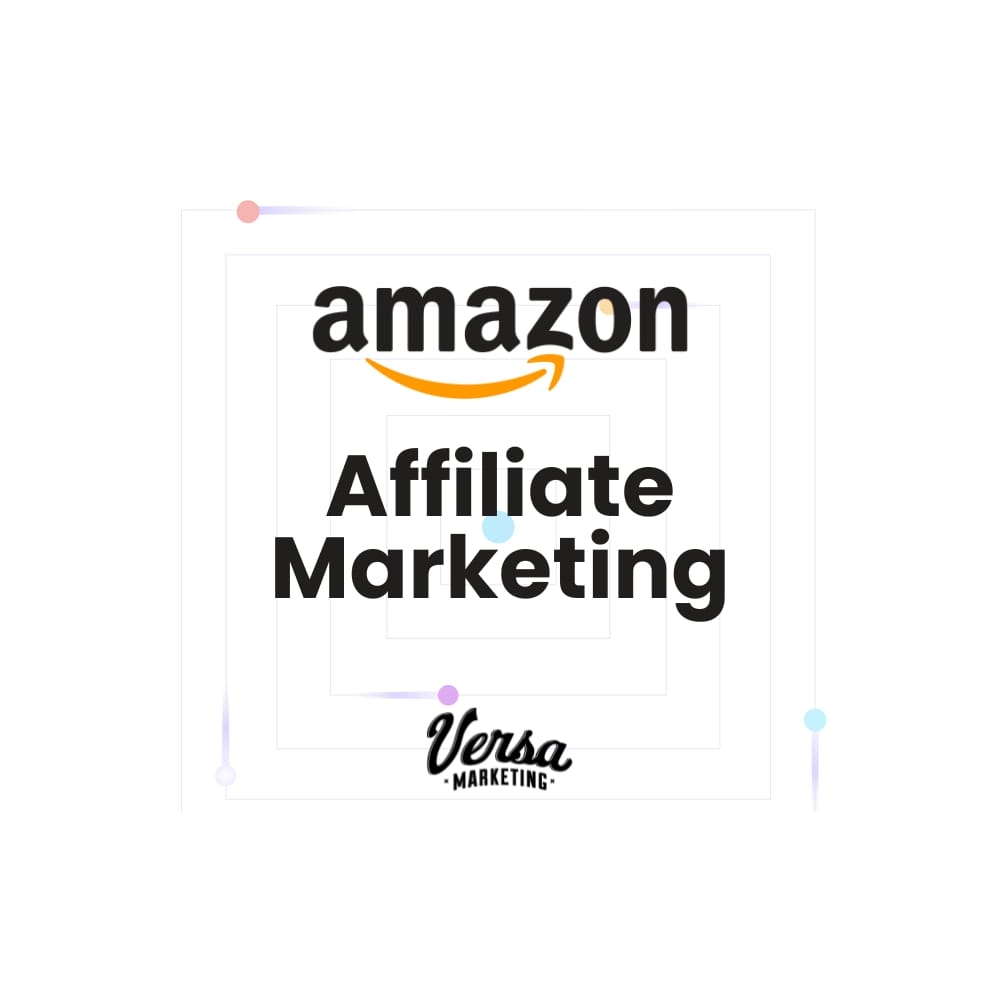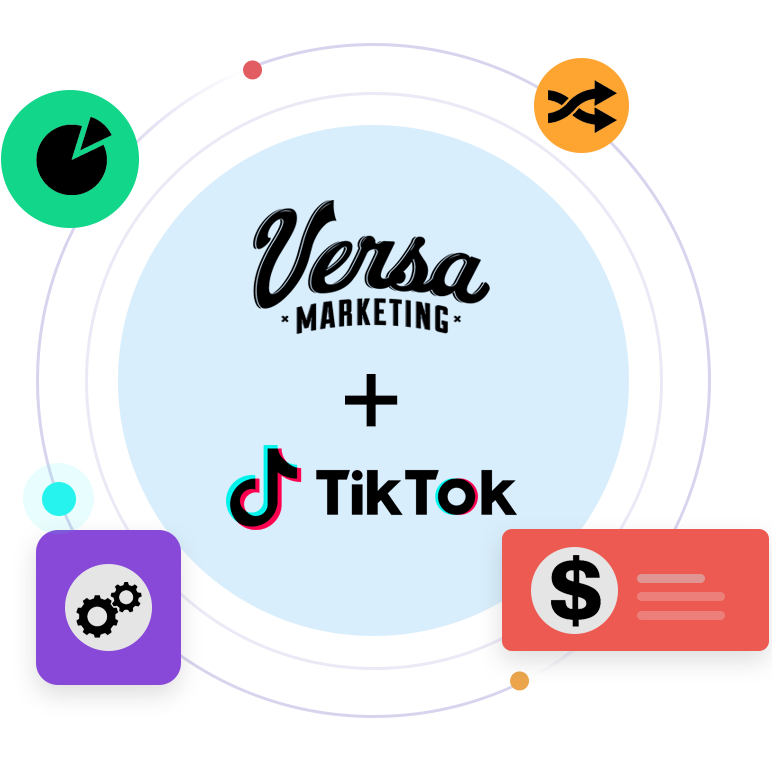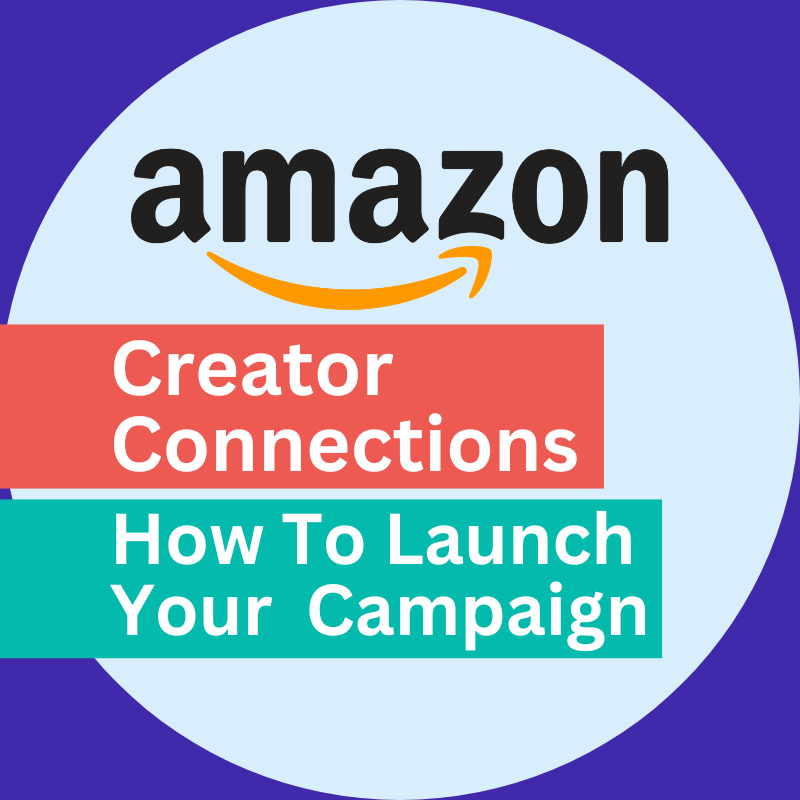Every industry needs diversity. Diversity can be interpreted in several different ways: an age/race/gender-diversified workforce can certainly encourage innovation and several different viewpoints on the same challenges, for example. And just as importantly, expanding your brand’s menu of services or products offered can increase revenue, reach and brand awareness all at once.
Diversity in digital marketing is especially crucial as the ever-changing landscape of multiple channels, methods and verticals can quickly leave old fashioned marketing styles in the dust. The rise of two powerful digital methods: affiliate marketing companies and influencer marketing highlight this point perfectly.
So in this post let’s dive into some important differences between the two and more importantly, how they can work together towards the same goals!
First, The Affiliates…
Affiliate marketing has come a long way in the last decade. Once considered a “black hat” style, it has become one of the most dominant and successful ways to sell. According to this eMarketer, affiliate spending will top $5.3 billion by the end of 2017. Seems it’s become quite trustworthy…but why?
In one word, it’s measurable. Using performance-based marketing enables brands to assign a precise amount per click. Whether the end result is increased website traffic, a newsletter sign up, a sale, a conversion,etc. This gives peace of mind to both the CMO who approves the budget and the publisher who puts in the work to earn that click.
Confidence in the process and proven ROI should lead to growth and innovation and everyone who is embracing this process is thriving. Perfect, right? Well, not always… Some brands have issues with the quality of the affiliate sites, or the tone that the publisher uses. A socially conscious brand that bases its identity on beneficial human interaction, for example, might find some affiliates lacking warmth or empathy, despite their brisk conversion rate or impressive reach.
This is where third party affiliate program management could possibly assist, as vetting and quality control processes can be overwhelming for a brand to do on its own. A qualified program manager has the connections and filters to ensure quality in affiliate marketing.
Next, The Influencers…
Influencer marketing has had a similar rise, but for a few different reasons. One estimate had Instagram influencer revenues at over half a billion dollars last year…and that’s not including other giants like YouTube, Facebook and the thousands of influencer blogs on every topic imaginable. And, according to this Linqia's survey, 71% of marketers plan to keep or increase their 2017 influencer budget.
Why is it growing so fast? As above, in one word, it’s authentic. Building trust and loyalty is an influencer’s stock in trade, and having several thousand viewers following your every word is powerful indeed. Many studies have shown that faith in traditional brand-produced advertising is declining, and in this age of ad blockers, trusted content and reviews have reduced the reliance on banner ada. Honest and organic endorsements (even when payment for the review has been disclosed) are incredibly valuable for brand awareness. Increased traffic and eventual conversions, and retaining influencers throughout the sales and customer experience cycle has been shown to have massive potential.
All good news…but what’s the downside? It can be notoriously tricky to measure ROI with influencers, at least in traditional marketing terms, and this can possibly make justifying budgets for influencer campaigns far more difficult. Fortunately, there are rapidly developing methods, like pixel trackers and coupon codes, that can deliver various measurables to the marketing department. Also, it would be remiss to not mention the other benefits of an influencer campaign, such as evergreen content, social amplification and heightened brand recognition are valuable assets that may not be visible on a spread sheet, but are nevertheless beneficial to the brand.
And Introducing The Hybrid…
If you haven’t noticed, both of the perceived downsides to these marketing strategies match up nicely to the other’s strength. Affiliates are measurable and performance-based but brands worry about authenticity in their posts while influencers base their work on being authentic and trustworthy but often need advanced metrics to justify the investment to the brand. It seems natural to want to combine the two somehow, so let’s explore how that might work.
The first logical step would be to employ both: influencers create awareness, trust and buzz for the brand, and the affiliates operate by convincing and reassuring the buyer while making the sale easy. This sounds ideal, but care must be taken to assure consistent messaging and tone with both. Maybe, then, the better solution would involve training and enabling one affiliate/influencer to do both incrementally.
A talented blogger or social media star should, with tact and talent, be able to navigate through both phases by creating quality content while organically including links to buy or shop for the product. Many Instagram and YouTube stars already have hybridized their roles with “shop now” links popping up throughout their posts. Keeping authenticity and commerce that close can certainly be a challenge, but considering the value of a performer like that, there’s a potential for an efficient and powerful role that most marketing teams would love to have in their pocket.
Many influencers are so transparent and loved by their audiences that they even explain that yes they are including an affiliate link and go on to explain that their affiliate partnerships allow them to keep their blog afloat. Audiences seem to understand and respect this sort of authenticity and when kept in the loop, are happy to make sure the influencers they love are compensated for their amazing work.
To introduce this hybrid relationship into your marketing plan, again, a trusted agency like us has the relationships, vetting processes and managers to power your brand to the top of your industry.
Let us know if you have questions or comments below. We are a friendly group and love to have a good conversation about affiliate and influencer marketing!
Affiluencer: How A Marketing Hybrid Can Transform Your Bottom Line
07.30.2017

Blog Posts
The Latest From Versa Marketing

Amazon Sellers: Launching an Amazon Affiliate Marketing Program & Creator Connection Campaigns

TikTok Affiliate Program Launch and Management

Amazon Affiliate Marketing Program – Launch & Management
Best Affiliate Marketing Agencies & Networks for Ecommerce Brands (2025 Guide)

How to Launch Amazon Creator Connections Campaigns

